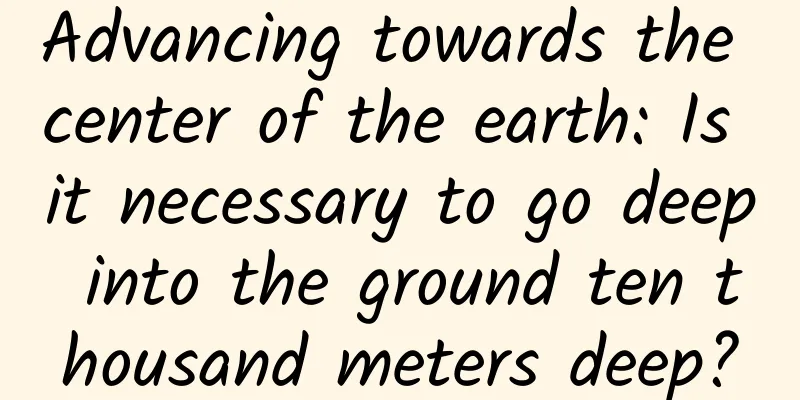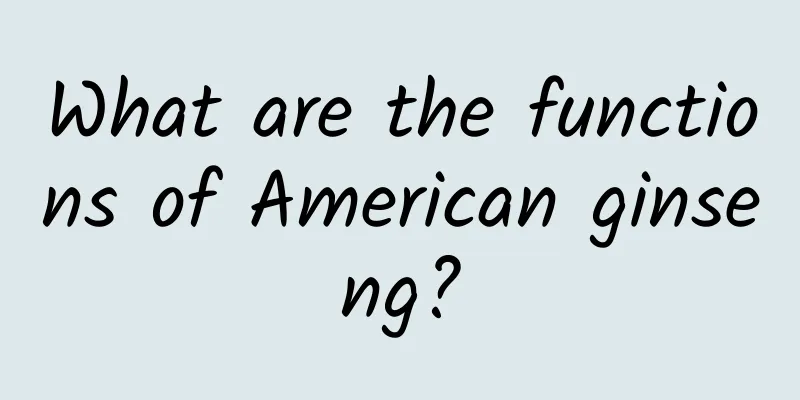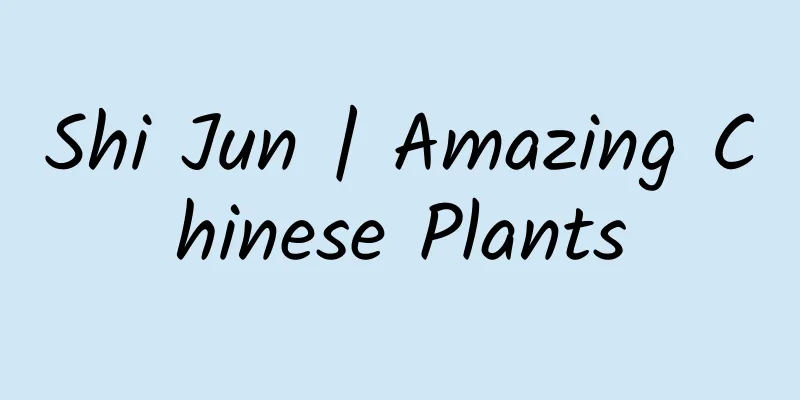What are the medicinal values of wood fragrance?

|
Chinese herbal medicines are very common in our daily life. Chinese medicine has a history of about 5,000 years. Since ancient times, people have used Chinese medicine to treat various difficult and complicated diseases and stubborn diseases. Only through Chinese medicine conditioning can the disease be driven away and dissipated. Muxiang is one of the Chinese medicines. It has a good effect on gastrointestinal indigestion and driving away body cold. There are still many unknown effects of Chinese herbal medicines. So what are the medicinal values of Muxiang! 【Nature and flavor】: Pungent taste; bitter; warm in nature. ① "Ben Jing": spicy, warm. ② "Tangye Materia Medica": It has a hot nature, a bitter taste, and is non-toxic. Meridians: Enters the lung, liver and spleen meridians. ① "Bencao Yanyi Buyi": runs through the liver meridian. ② "Leigong Paozhi Yaoxing Jie": six meridians: heart, lung, liver, spleen, stomach, and bladder. 【Medicinal Part】: It is the root of Auckiandialappa Decne. 【Origin and distribution】: It is mainly distributed in Shaanxi, Gansu, Hubei, Hunan, Guangdong, Guangxi, Sichuan, Yunnan, Tibet and other places in my country, where it has been introduced for cultivation. It is mostly planted in northwestern Yunnan and has a large yield. Native to India. 【Morphological characteristics】: Perennial herb, 1.5 to 2 m tall, with a thick taproot. Stems sparsely pubescent. The stem leaves have long petioles, the leaf blades are triangular-ovate or long triangular, 30-100 cm long, 15-30 cm wide, with a cordate base that extends downward into irregularly split wings, irregularly wavy or shallowly lobed edges with sparse thorns, and short hairs on both sides; the base of the stem leaves is wing-shaped and clasping the stem. The capitula is terminal and axillary, with a diameter of about 3 cm. The inflorescence is usually clustered at the top of the peduncle, with about 10 layers of bracts; the corolla is dark purple and 5-lobed; there are 5 stamens, which are polyandrous; the ovary is inferior, and the style extends out of the corolla. Achenes are long conical with two layers of feathery pappus at the top. The flowering period is from July to August, and the fruiting period is from August to October. 【Usage and Dosage】: For internal use: decoct in water, 3-10g; or make into pills or powder. 【Notes】: Patients with yin deficiency and insufficient body fluids should take with caution. ① "Bencao Jingshu": Those with lung deficiency and heat should be careful not to offend it. It is forbidden to use for patients with vital energy exhaustion, yin deficiency and internal heat, various diseases with heat, and heart pain caused by fire. ② "Depei Materia Medica": It is forbidden to use for those with dryness and heat in internal organs and weak stomach qi. 【Effects and functions of wood fragrance】: Promotes qi circulation and relieves pain; regulates the middle and removes stagnation. It is used to treat distension and fullness in the flanks and sides of the abdomen; distension and pain in the epigastrium; vomiting, diarrhea; and heaviness after dysentery. It is used for chest and abdominal distension and pain, heaviness after diarrhea, indigestion, and loss of appetite. ① "Ben Jing": It can treat evil spirits, ward off poison and epidemics, strengthen the will, and treat stranguria and dew. ② "Bielu": Treats poor qi and coldness in the muscles; treats insufficient qi, disinfects, treats warm malaria, and is the essence of medicine. ③ "Bencao Jing Jizhu" (Collected Annotations to the Classic of Materia Medica): It can cure toxic swelling and eliminate bad breath. ④ "Materia Medica": For treating unbearable heart pain caused by blood and qi piercing the heart in women, grind it into powder and take it with wine. It can treat several types of heartache, long-term cold, lumps and swellings caused by ringworms, and dispelling all kinds of stagnant qi that causes depression. Treats cholera, vomiting and diarrhea, and abdominal pestilence. ⑤ "Bencao Gangmu" (Bencao Gangmu): Treats all kinds of gas in the heart and abdomen, stops diarrhea, cholera, dysentery, stabilizes the fetus, strengthens the spleen and aids digestion. Treats emaciation, cold pain in the bladder, vomiting and regurgitation. ⑥ Wang Haogu: Treats Chong meridian disease, reverse qi and internal urgency. Mainly used for bladder leakage and urinary constipation. ⑦ "Bencao Tongxuan": Regulates hernia. The medicinal value of costus root itself is rich. It can relieve physical weakness, slow metabolism, and gastrointestinal bloating. Due to digestion, costus root itself can increase the body's calcium content and promote the excretion of toxins from the body. It also has a good effect on dispelling cold and avoiding evil spirits. In addition, the medicinal value of costus root is extensive and can prevent cardiovascular and cerebrovascular diseases. |
<<: What are the medicinal values of Aloe arborescens?
>>: What are the medicinal values of American cockroaches?
Recommend
Where does the uneaten food go? There is a lot of room for circular economy!
In today’s linear food system of “take it, throw ...
Are the movies all lies? Does the red laser net that the flying thief "passes through" really exist?
We must have seen this scene in the movies. A fly...
Medicinal value of raw Rehmannia root
The medicinal herb Rehmannia glutinosa can be use...
Can Ginkgo biloba leaves be taken for a long time?
Ginkgo leaf is a drug that can improve brain bloo...
Do animals grieve when their companions die?
In 2000, Karen McComb and others placed an elepha...
Are there really benefits to getting married and having children early?
Source: Youlai Healthy Life...
The efficacy of Lycium bark
I believe that some people are not familiar with ...
Guess what? It’s not mind reading, but predictive processing of the brain
Produced by: Science Popularization China Author:...
The efficacy and function of long-spur orchid
The Chinese medicinal herb, Cymbidium, is a very ...
Are electric toothbrushes a waste of money?
Recently, I saw a netizen saying that he has to h...
"I am willing to dedicate my life to the country!" He has been working incognito for 17 years for the nuclear industry of his motherland, and now he is still young after returning from his 70s
May 28 He is an academician of the Chinese Academ...
It is impervious to water and fire and can capture comet particles. What is the origin of this material?
Aerogel is the lightest solid material in the wor...
Does American ginseng have any side effects?
American ginseng has a unique nourishing effect o...
The efficacy and function of Tangli branches and leaves
The branches and leaves of the Chinese pear tree ...









